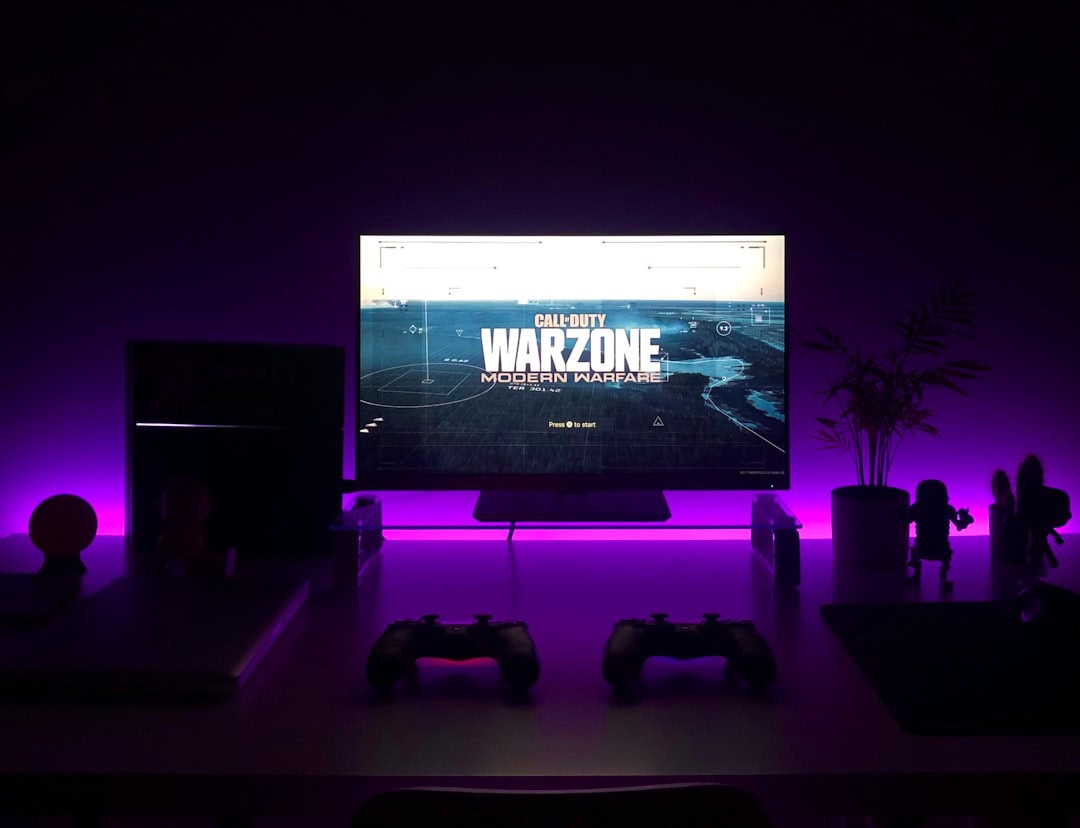“`html
Building a gaming PC that delivers great performance at 1440p with a 144Hz refresh rate without breaking the bank is a challenge many gamers take on. However, even after assembling a solid build, there is always room for improvement. Whether it’s achieving higher frame rates, reducing temperatures, or enhancing aesthetics, smart upgrades can take a mid-range gaming PC to the next level. Below are suggestions that maximize the performance and longevity of such a rig.
1. Upgrade the Graphics Card
The GPU is the heart of any gaming PC, and for smooth 1440p, 144Hz gaming, a powerful graphics card is crucial. If the system has a mid-range GPU, consider upgrading to a newer model with higher VRAM and better ray tracing capabilities. Current-generation options provide significant performance improvements over previous models while maintaining efficiency.
- Recommended Upgrade: Consider moving to an RTX 4070 SUPER or RX 7800 XT for enhanced performance in modern games.
- Check Compatibility: Ensure the power supply has adequate wattage and the case has enough space for larger GPUs.

2. Boost the CPU Performance
A strong CPU prevents bottlenecking, especially in CPU-heavy titles and high-refresh-rate gaming. If paired with an older or mid-tier processor, upgrading to a high-performance CPU with a better architecture and more cores can improve performance significantly.
- Upgrade Path: If on an older Intel Core i5 or Ryzen 5, upgrading to a newer-gen i7 or Ryzen 7 will yield better frame rates and smoother gameplay.
- Cooling Considerations: Upgrading the CPU may require a better air or liquid cooler for maintaining low temperatures under load.
3. Increase RAM Capacity & Speed
Many mid-range gaming PCs are built with 16GB of RAM, which is sufficient in most cases. However, upgrading to 32GB ensures better multitasking, reduced stutter in demanding games, and future-proofing.
- Recommended RAM: DDR5 RAM, if supported by the motherboard, offers higher bandwidth and lower latency compared to DDR4.
- Speed Matters: For gaming, RAM speed plays a role; aim for at least 3600MHz (DDR4) or 6000MHz (DDR5).
4. Optimize Storage
Fast storage reduces loading times and enhances system responsiveness. If the PC still uses a SATA SSD or an HDD, switching to an NVMe SSD brings a noticeable difference.
- Upgrade Suggestion: An ultra-fast PCIe Gen 4 NVMe drive for faster game loading and seamless performance.
- Capacity Consideration: Games are growing in size, so upgrading to a 2TB or 4TB SSD is advisable for long-term use.

5. Improve Cooling and Airflow
Better cooling translates to better sustained performance. If the PC struggles with thermals, consider upgrading the cooling solution.
- Better Case Cooling: Adding high-quality case fans improves airflow and lowers GPU and CPU temperatures.
- AIO Liquid Cooling: For overclocking or reducing CPU temperatures, an all-in-one liquid cooler is a good investment.
6. Upgrade the Power Supply
A high-quality power supply (PSU) ensures system stability, especially after hardware upgrades. If the PC is running on an older or lower wattage PSU, upgrading to a higher efficiency PSU provides headroom for future expansions.
- Efficiency Ratings: Opt for at least an 80+ Gold certified PSU for better efficiency and reliability.
- Wattage Consideration: A 750W or 850W PSU is ideal for high-end GPUs and CPUs.
7. Enhance Peripherals & Display
A PC built for 1440p 144Hz gaming needs a capable monitor and peripherals to match. Investing in a high-refresh-rate monitor with adaptive sync technologies, such as G-Sync or FreeSync, can provide a much smoother gaming experience.
- Monitor Upgrade: A 1440p IPS or OLED panel with a high refresh rate improves visual clarity and response times.
- Mouse & Keyboard: A low-latency gaming mouse and mechanical keyboard enhance responsiveness in competitive gaming.

Frequently Asked Questions (FAQ)
1. What is the best upgrade for gaming performance?
Upgrading the GPU is usually the best way to improve gaming performance, especially at 1440p. A high-end graphics card can deliver smoother frame rates and better visuals.
2. Is 16GB of RAM enough for 1440p gaming?
While 16GB is sufficient for most games, upgrading to 32GB can prevent stutters in RAM-heavy titles and improve system multitasking.
3. How can I lower my PC’s temperatures?
Improving case airflow, upgrading cooling solutions, and applying high-quality thermal paste can help lower temperatures significantly.
4. Should I upgrade to an NVMe SSD from a SATA SSD?
Yes, an NVMe SSD offers much faster read and write speeds, reducing game loading times and improving system responsiveness.
5. Is a 750W power supply enough for an upgraded system?
For most gaming PCs with a mid-to-high-end GPU, a 750W PSU is sufficient. However, high-power GPUs may benefit from an 850W or higher PSU.
These upgrades can help transform a budget-friendly 1440p 144Hz gaming PC into a high-performance machine, ensuring smooth gameplay for years to come.
“`

